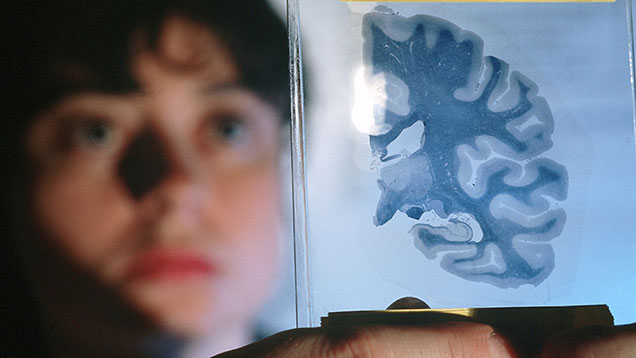UK lab confirms Norway’s first case of BSE
 © Rex
© Rex Norwegian authorities have confirmed the country’s first case of mad cow disease, but insisted there is no threat to public health.
Tests at the Animal Health and Plant Agency (APHA) laboratory in Weybridge, Surrey, confirmed that a 15-year-old Norwegian cow had “atypical” BSE (bovine spongiform encephalopathy).
The classic form of BSE, which was first detected in the UK in 1986, possibly originated from feeding cattle with meat and bonemeal – a practice that is now banned.
See also: Slaughterhouse fined over BSE control breaches
But because the Norwegian case was “atypical” (spontaneous) – a very rare form of the disease not generally associated with an animal consuming infected feed – it does not pose a risk to public health, the authorities said.
“The detection of BSE has no bearing on food safety and it is safe to eat meat and drink milk as before,” said the Norwegian Food Safety Authority (FSA) in a statement.
“The cow in question has been killed and destroyed.”
The herd that the infected cow was a part of is located in Nord-Trøndelag.
Norway is considered by the World Organisation for Animal Health (OIE) and the EU to have a “negligible risk” of BSE, meaning the risk is so minuscule that it can virtually be disregarded.
However, now that atypical BSE has been confirmed in Norway, the Norwegian FSA said it could have “consequences for the export of certain product categories as well as live animals from Norway”.
